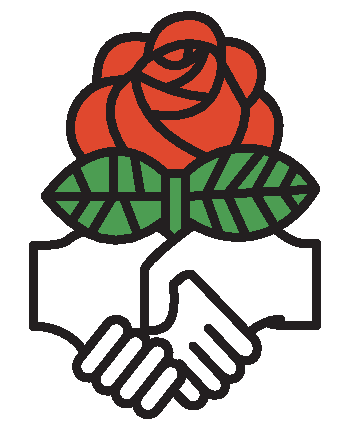Closing the Gender Pay Gap: the Challenges and the Solutions
Oslo, Norway, 10 April 2010
Declaration
Across Europe the average pay gap between women and men currently stands at 18%. For women, the pay gap has a major impact on lifetime earnings and pensions. Earning less money means that women have less financial freedom. It also means that women will have a lower pension which can lead to a higher risk of growing old in poverty.
The gender pay gap is linked to a number of legal, social and economic factors which go far beyond the single issue of equal pay for work of equal value. The attitudes to the role of women and men in society; the traditions in balancing work and family household responsibilities; the expectation that women are the primary care givers; the different value given to male and female skills as well as the ongoing discrimination and inequalities in the labour market are all factors that mainly affect women and have lead to the gender pay gap.
Over the past 15 years there has been some considerable progress towards gender equality in the labour market in Europe but the gender pay gap has remained unchanged and continues to be the most persistent form of discrimination between women and men in the workplace in Europe.
That women continue to earn less than men is not just wrong, but also economically counter-productive. The gender pay gap is an obstacle to gender equality which should be recognised as a complex problem and should be addressed immediately by all actors in the professional sphere. Political pressure and the implementation of measures to fight this unfair reality for women are also vital in order for women to enjoy full gender equality in the workplace.
Therefore, the Socialist International Women calls on governments and the member parties of the Socialist International to:
Respect the laws and directives on equal pay for work of equal value;
Implement measures in all relevant policy processes with the aim to closing the gender pay gap;
Work in close cooperation with trade unions to find solutions and to undertake concrete measures to closing the gender pay gap;
Encourage employers and companies to introduce reporting and transparency on pay;
Promote family friendlypolicies (taking into account the different family structures) in both the private and public sector such as flexible working hours decided jointly by employers and employees; and better care facilities for children and the elderly with the aim to create a more equal work-life balance within families;
Introduce quotas for women in leadership positions in private companies and the public sector and
Ensure that gender-disaggregated statistics in the labour market be introduced and harmonised worldwide in order to obtain comparable data.
Finally, the Socialist International Women calls on governments, member parties of the Socialist International, social partners, non-governmental organisations and the media to:
Support campaigns and raise awareness of the gender pay gap and its causes and
Encourage and support initiatives to promote gender equality at the workplace in the private and public sector.

